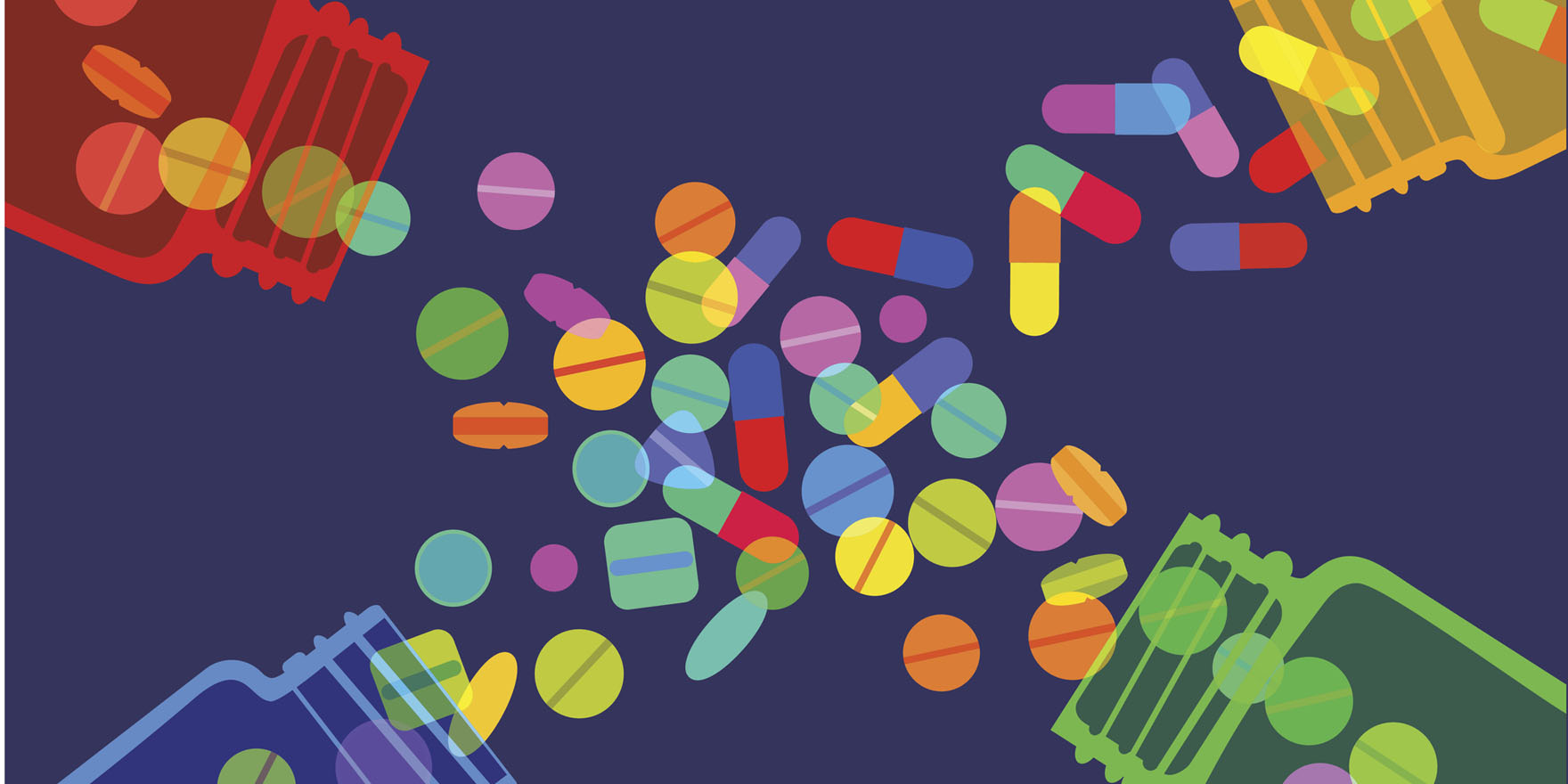Opioids, penicillin and antidepressants are the top drugs prescribed by GPs, according to a new report
Opioids, penicillin, antidepressants and medications for peptic ulcers and gastro-oesophageal reflux disease are the drugs prescribed by GPs most often, according to a new report.
NPS MedicineWise’s General practice insights report, released this week, showed that opioids made up 11% of original prescriptions, while penicillin, antidepressants and peptic ulcer drugs comprised 9%, 8%, and 8%, respectively.
The data was drawn from MedicineInsight, which contained information on two million patients who collectively saw around 2,700 GPs in the 2016–17 financial year.
Concerningly, GPs prescribed penicillin to around one-quarter of patients in this cohort over one year (a total of 517,370 original prescriptions).
This high rate placed Australia in the top ten OECD nations for antibiotics prescribing.
Around 60% of antibiotics were prescribed for upper respiratory tract infections, even though antibiotics were not generally recommended for these infections.
The report also revealed that the six most-common conditions among patients were hypertension (7% of patients), depression (6%), dyslipidaemia (4%), anxiety (4%), asthma (4%) and gastro-oesophageal disease (4%).

Patients were each given an average of 3.4 new prescriptions during the study period. “The average number of prescriptions was higher for females, increased with age and was highest among patients aged 80 years and older,” the report said.
Editors note: This article was corrected on 21 December to remove the following quotation: “‘Cefalexin was regularly used for urinary tract infections, and skin or soft-tissue infections, although it is not recommended as a first-line treatment for these conditions,’ the report said.” Most UTIs require antibiotics.


